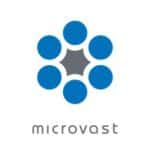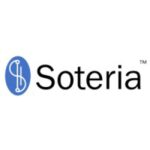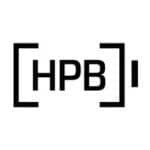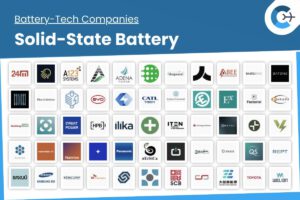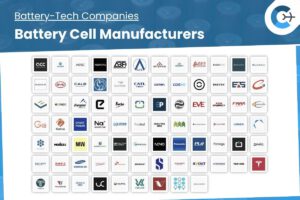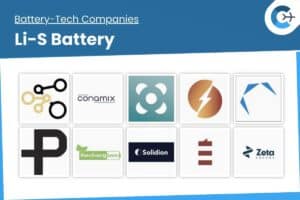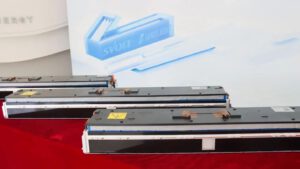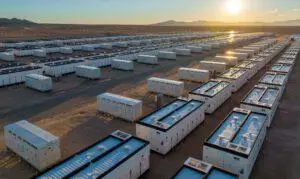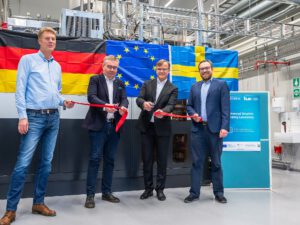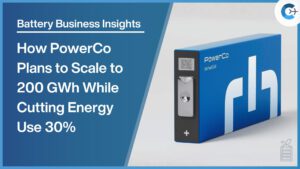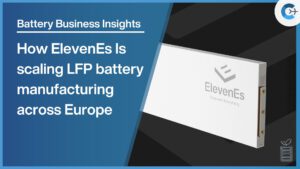Microvast offers a variety of cell chemistries, including LTO (lithium titanate oxide), LFP (lithium ferrophosphate), and NMC (nickel manganese cobalt oxide). The company develops high-performance lithium-ion batteries using these chemistries. Microvast innovated True All-Solid-State Battery (ASSB) technology with bipolar stacking architecture to create higher voltage cells that eliminate the need for liquid electrolytes. The manufacturing process incorporates strict quality controls and environmental considerations to meet international safety standards and sustainability goals.
Microvast produces lithium-ion battery cells with a combined current capacity of at least 4 GWh per year (2 GWh in each of its Tennessee and Chinese facilities), and plans to expand to 10 GWh annually once its Tennessee facility reaches full capacity. The company offers battery systems for transportation and utility-scale energy storage that are engineered for rapid charging, a long cycle life, and optimal performance across temperature ranges. Its product lineup includes the ME-4300-UL ESS Container, which was launched in 2023 for large-scale energy storage projects.
In 2025, announced an advancement in ASSB technology that drove the stock value increase premarket. Designed customizable battery configurations for data center backup systems and electric school buses. Began manufacturing the ME-4300-UL ESS Container in 2023 for utility-scale deployments.
Microvast went public via a merger with Tuscan Holdings Corp. in 2021, raising $822M. Investors include Oshkosh Corporation, BlackRock and Koch Strategic Platforms. Founder and CEO Yang Wu holds about 26.2% and Vanguard holds about 5.8% of the company.

